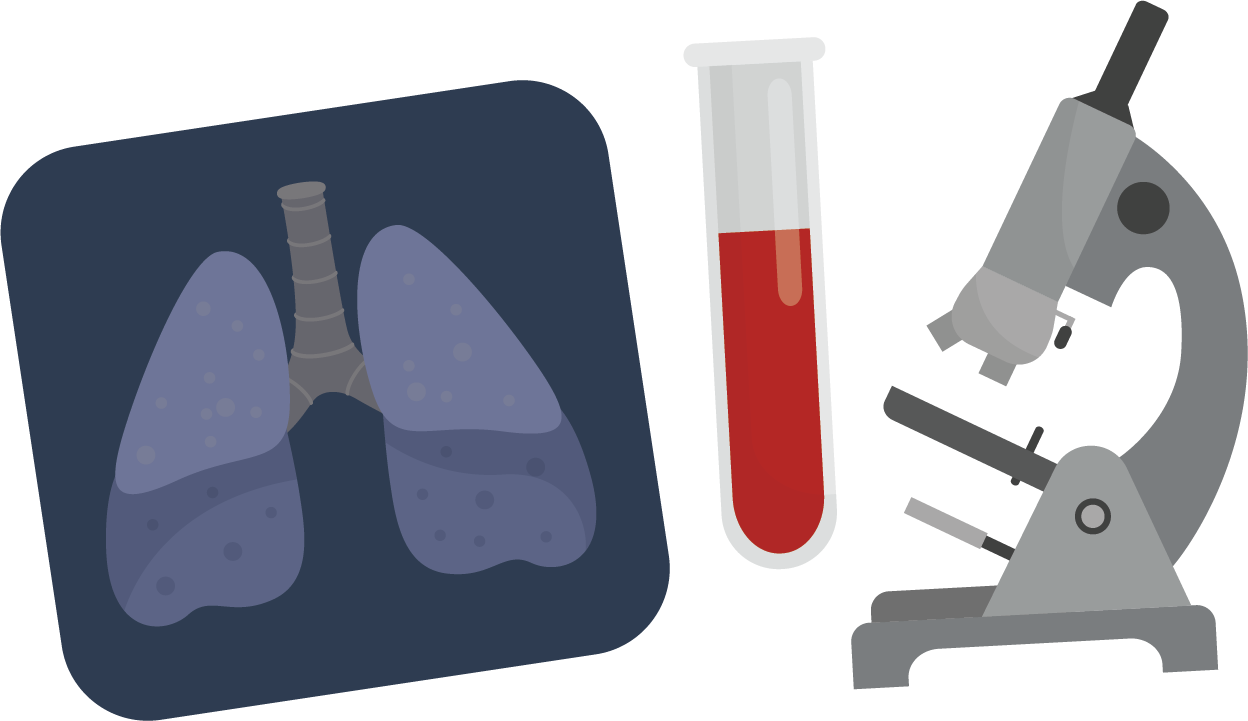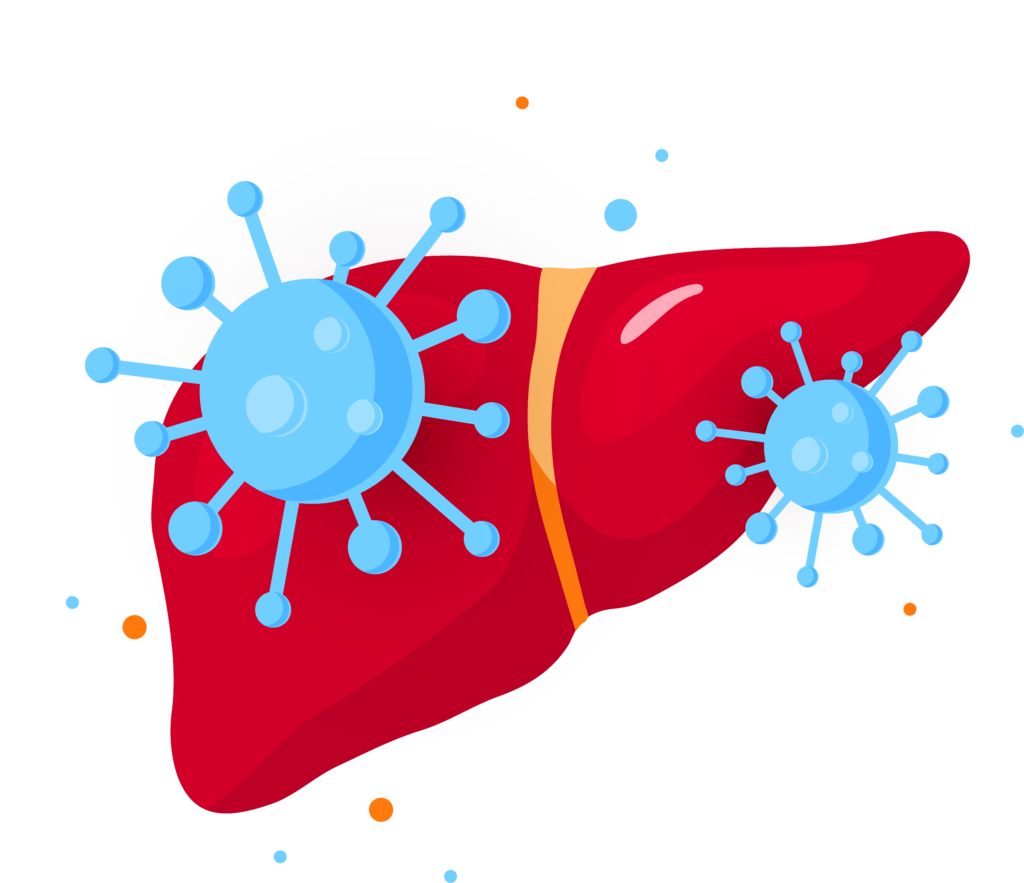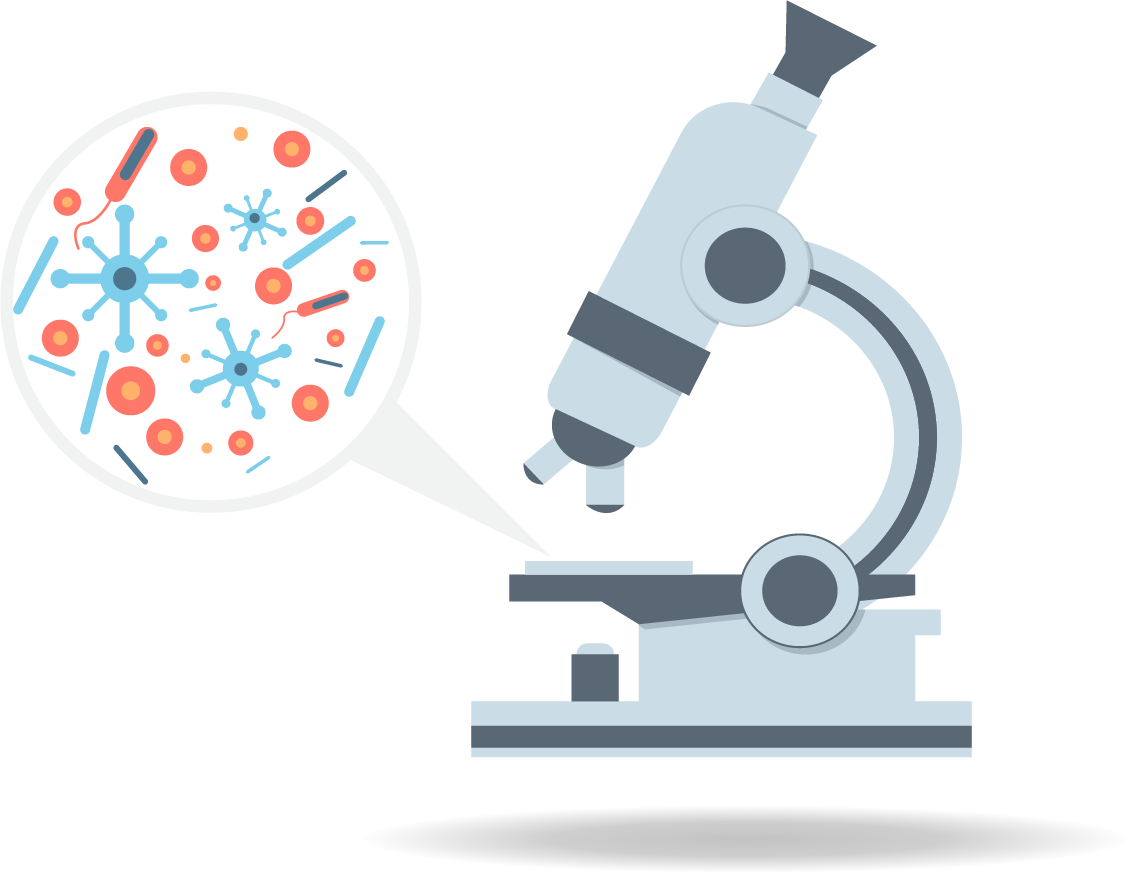Can sleep apnea be treated with a pill?
Can advanced multi-modal imaging provide personalized brain maps for surgery?
Can lung cancer be removed without compromising lung function?
Can viruses be used to treat brain cancer?
Can genetics predict whether someone will develop series complications from chemotherapy?
Can hepatitis infected hearts and lungs be safely transplanted?
Can AI determine which microbes prevent C. difficile infection?
Can a vaginal microbicide prevent sexual transmission of HIV-1 in women?
Can treating inflammation decrease the risk of heart disease, cancer and Alzheimer's?

Our scientists are working on it! Researchers at Brigham and Women’s Hospital are doubling down on the battle against inflammation in the hopes of reducing risk for related diseases in patients.
Can blood tests be used to help predict who is at risk for spontaneous preterm delivery?

Our scientists are working on it. Researchers at Brigham and Women’s Hospital are learning more and more about birth processes and how blood can be used to develop educated predictions of complications.
Can we reverse the build up of calcium in blood vessels and cardiac valves?
Elena Aikawa, MD, PhD, is  hard at work answering questions regarding calcium’s relationship with our bodies and cardiovascular health.
hard at work answering questions regarding calcium’s relationship with our bodies and cardiovascular health.
Can changing the levels of natural bacteria living in a person's gut help treat obesity?
Can comprehensive MRI exams of the brain be completed in just 10 minutes?
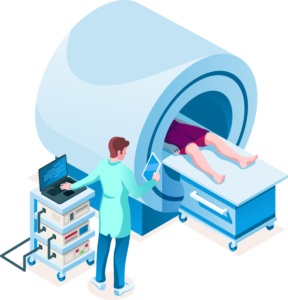
Our scientists are working on it. Researchers at Brigham and Women’s Hospital are trying to find out just how fast MRI exams of the brain can be.
Can we change our diet to treat a malfunctioning immune system?

Our scientists are working on it. Researchers at Brigham and Women’s Hospital are looking into the effects of the diet on the immune system.
Is it possible to test male infertility at home using low-cost, reliable, and sensitive devices, such as smartphones?

Our scientists are working on it. Researchers at Brigham and Women’s Hospital are trying to develop an easy solution to testing male infertility at home.
Our scientists work on groundbreaking research, sharing their work with the world through scientific articles and publications.

Did you know that Brigham Health researchers published over 7,800 scientific articles last year, with a number of those publications in top tier journals.
Our scientists perform numerous studies, collecting data and sharing with the world of science.
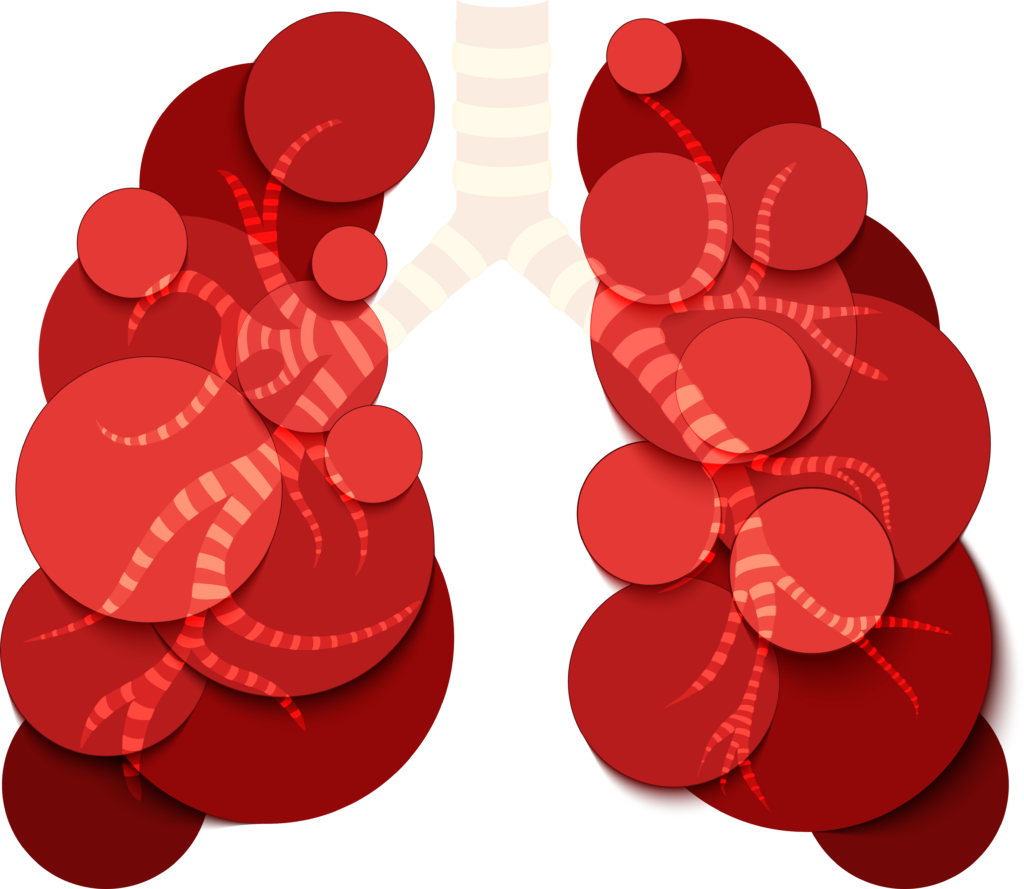
Did you know that in a study of more than 250,000 individuals, Brigham Investigators have identified 82 genetic locations associated with chronic obstructive pulmonary disorder.
Our scientists develop long-standing careers in medicine and research, often seeking funding to further their projects.

Did you know that four early-career investigators, who have made outstanding contribution in their fields, won the inaugural President’s Scholar Awards. They each received $100,000 per year for three years.
Each year, the Brigham Research Institute awards the BRIght Futures Prize to a project in its early stages, voted on by the public.

Did you know that Natalie Artzi, PhD, won the $100,000 BRIght Futures Prize to advance her research on engineering therapies focused on better outcomes for childhood brain cancer.
Our scientists are always working to develop breakthroughs in allergies and other medical conditions.

Did you know that Brigham researchers have found new evidence connecting food allergies and relapses of multiple sclerosis.
Our scientists are always working to reduce disease risk in patients through discoveries in medicine and functions of biological components.

Did you know that in a clinical trial led by the Brigham, investigators have found that icosapent ethyl – a pure and stable prescription form of an omega-3 fatty acid – can reduce the risk of recurrent heart attacks and strokes.
Our scientists are always improving their working environments with new space developments and workplace tools to increase research productivity.

Did you know that Brigham Health has almost 800,000 square feet of dedicated research space. That’s equivalent to about 18 acres or 13 football fields or about 8 Fenway parks. And that’s not including all of the research taking place in our patient care areas.
Our scientists keep in close touch with the National Institute of Health and maintain a good success rate finding funding through the NiH.

Did you know that about 55% of BWH’s research funding comes from the Department of Health and Human Services through the National Institutes of Health (NIH).
Our scientists work closely with the Brigham Research Institute to ensure quality work and sufficient funding goes to each project.

Did you know that each BWH Clinical Center of Excellence has a corresponding Brigham Research Institute (BRI) Research Center.
Our scientists seek research grants and other funding from the Brigham Research Institute, an internal department responsible for overseeing research projects within the hospital.

Did you know that In FY18, the BRI distributed more than $2.4 million in funding to BWH investigators through various funding mechanisms with awards ranging from $500 – $500,000.
Our scientists are always looking for ways to make breakthroughs in medical research, including the discovery of new treatment options for diseases.

Did you know that the Thorn Building is named after George W. Thorn (1906-1904) who was Chief of Medicine at the Peter Bent Brigham Hospital for over 3 years. His research led to cortisone being used to treat Addison’s Disease for the 1st time.
Our scientists are always growing in number, with new researchers and hospital staff joining the team every day.

Did you know that about a quarter of all Brigham staff (~ 5,000 people) are directly engaged in research.
Our scientists work very hard to receive funding for their projects, and are often successful at providing clear and concise pitches for funding opportunities.

Did you know that The Brigham receives more than $700,000,000—about a quarter of the hospital’s total revenue—in annual research funding.
Our scientists work very hard to receive funding for their projects, even from outside sources.
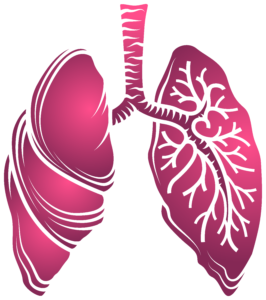
Did you know that Bayer AG will be investing in a BWH lab to develop drugs and new therapies to treat chronic lung diseases such as COPD and pulmonary fibrosis.




